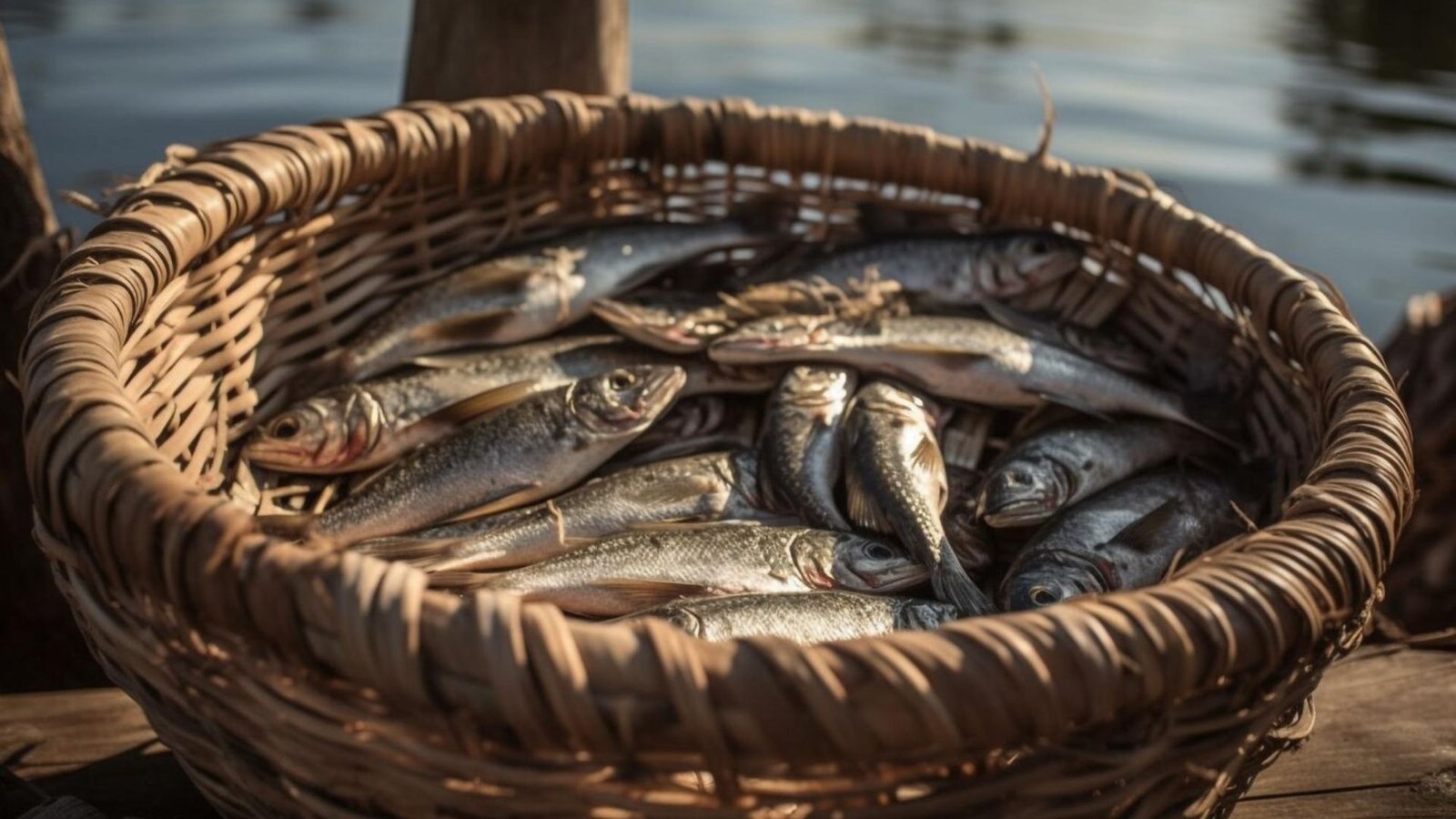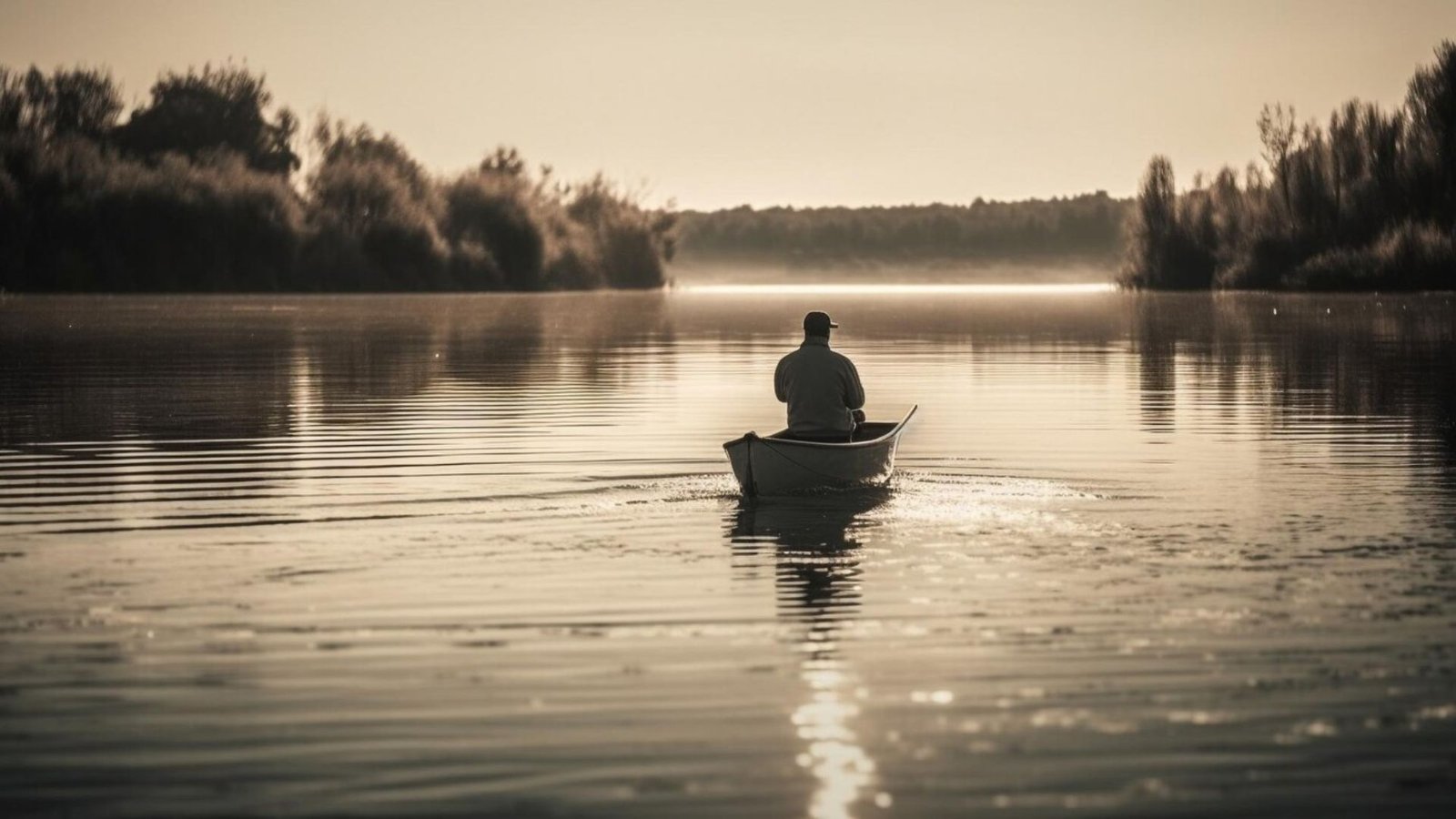Fishing Ethics: Responsible Practices for Ethical Anglers
|
Getting your Trinity Audio player ready...
|
Fishing ethics underscore the fundamental importance of responsible angling practices in maintaining the delicate balance of aquatic ecosystems. Ethical anglers recognize that their actions have a direct impact on fish populations and the overall health of aquatic habitats. By prioritizing conservation efforts, ethical anglers strive to minimize their ecological footprint and promote the long-term sustainability of fish stocks. They approach fishing with a deep respect for wildlife, recognizing the intrinsic value of each species and the interconnectedness of all living organisms within aquatic environments. Adherence to regulations governing catch limits, size restrictions, and fishing seasons is non-negotiable for ethical anglers, as it ensures the protection of vulnerable species and the maintenance of healthy fish populations. Through their commitment to ethical standards, anglers contribute to the preservation of biodiversity and the preservation of natural ecosystems for future generations to enjoy.
Understanding Ethical Angling
Ethical angling is not merely a set of rules but a philosophy rooted in a profound respect for the natural world. It entails more than just catching fish; it involves a conscientious approach to fishing that prioritizes the well-being of aquatic ecosystems and the creatures that inhabit them. Ethical anglers understand that their actions can have far-reaching consequences, and they strive to minimize their impact on the environment while still enjoying their favorite pastime. This may involve practicing catch-and-release techniques, using barbless hooks to minimize injury to fish, and respecting designated fishing zones to protect sensitive habitats. Ultimately, ethical angling is about finding a balance between pursuing one’s passion for fishing and being mindful of the fragility of aquatic ecosystems. By adhering to ethical principles, anglers can contribute to the conservation of fish populations and ensure that future generations can continue to enjoy the sport of fishing.

Respect for Fish Welfare
Furthermore, at the core of fishing ethics lies a commitment to the humane treatment of fish, recognizing their sentience and intrinsic value. Anglers who adhere to ethical principles prioritize the well-being of fish throughout the fishing process, from the moment they are hooked to their release back into the water. This entails handling caught fish with care and respect, employing proper techniques for hook removal to minimize injury and stress. Additionally, anglers strive to avoid overexertion of fish during the fight and ensure a swift and gentle release to promote their survival and reproductive success. By adopting these practices, ethical anglers contribute to the conservation of fish populations and the preservation of aquatic ecosystems. Additionally, fostering a sustainable approach to the sport of fishing for future generations to enjoy.
Conservation-Minded Practices
Ethical anglers are staunch advocates for conservation, understanding the critical role that healthy aquatic ecosystems play in sustaining fish populations and biodiversity. They prioritize conservation efforts by practicing catch-and-release techniques, releasing undersized or non-target species unharmed to ensure population sustainability. Additionally, ethical anglers actively support habitat conservation initiatives aimed at preserving and restoring crucial fish habitats, such as wetlands, rivers, and estuaries. By participating in habitat restoration projects, advocating for water quality improvement, and adhering to responsible fishing practices, ethical anglers contribute to the long-term health and resilience of aquatic ecosystems. Their commitment to conservation not only enhances the recreational value of fishing but also safeguards the ecological balance of freshwater and marine environments for future generations to enjoy.
Adherence to Regulations
Moreover, adherence to fishing regulations is fundamental to ethical angling practices, as it ensures the sustainable management of fish populations and promotes responsible stewardship of natural resources. Ethical anglers prioritize compliance with local laws and regulations governing catch limits, size restrictions, and fishing seasons to prevent overexploitation of fish stocks and minimize environmental impact. By familiarizing themselves with relevant regulations and staying informed about changes in fishing policies, anglers demonstrate their commitment to preserving the integrity of aquatic ecosystems and supporting effective resource management practices. Moreover, obtaining the necessary licenses and permits required for fishing activities underscores their respect for legal and administrative frameworks governing recreational angling. Through diligent adherence to fishing regulations, ethical anglers play a vital role in promoting conservation efforts, safeguarding fish populations, and preserving the recreational opportunities offered by natural waterways for present and future generations.
Minimal Environmental Impact
Ethical anglers strive to minimize their environmental footprint while enjoying their sport. They avoid littering and properly dispose of fishing lines, hooks, and other debris to prevent harm to wildlife and ecosystems. Furthermore, they practice Leave No Trace principles, leaving natural areas as they found them.
Promotion of Education and Awareness
More so, educating oneself and others about responsible angling practices is key to promoting ethical behavior within the angling community. Ethical anglers share knowledge about sustainable fishing techniques, conservation strategies, and environmental stewardship to inspire others to adopt ethical practices.
Community Engagement and Advocacy
Additionally, engaging with fellow anglers, conservation organizations, and government agencies enables ethical anglers to advocate for sustainable fishing practices and environmental protection. By participating in community clean-up events, habitat restoration projects, and policy discussions, they contribute to the collective effort to safeguard aquatic ecosystems.
Conclusion
In conclusion, ethical angling is not only about catching fish but also about fostering a deeper connection with nature and promoting the long-term health of aquatic environments. By embracing responsible practices, respecting fish welfare, conserving natural resources, and advocating for sustainable management, ethical anglers play a vital role in ensuring that future generations can continue to enjoy the rewards of fishing.
You might be interested in:
- Catch and release fishing and its benefits
- Top Fishing Tips for Beginners
- Sustainable fishing practices and conservation efforts
- Some Cool Advancements in Modern Fishing Tools

